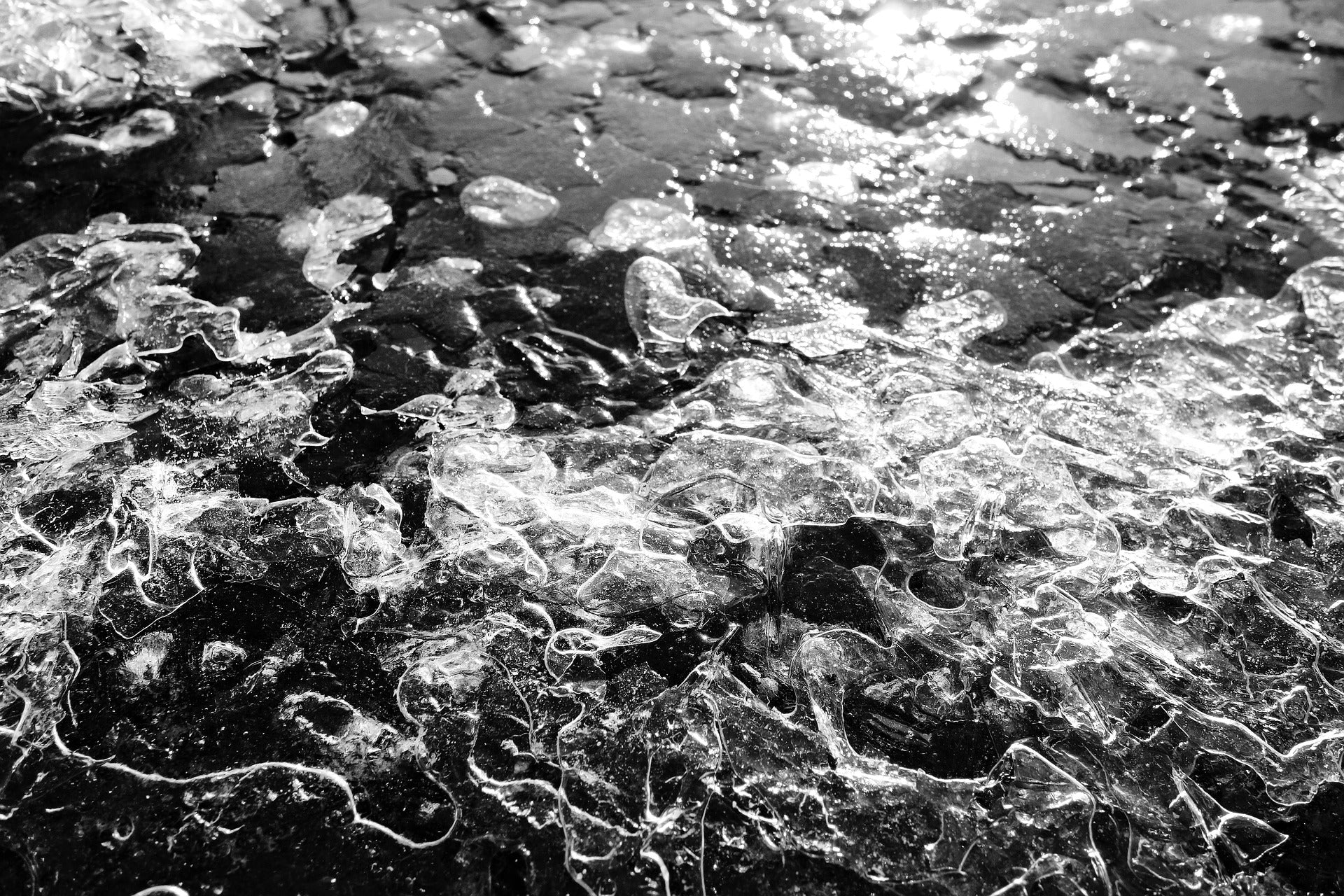
Preparing a Pond for a Freeze
There are many areas in the United States where pond freezing is an issue that you need to address each year. Home owners that are considering installing a pond often have many questions about how to winterize it. pond boss® can help answer those questions for you! View tips and tricks for preparing a pond for a freeze.
Should I Shut Off My Pump?
If temperatures drop to below freezing for long periods of time, you should shut off your pump. However, it takes a lot to freeze an entire pond, so you may not need to do this if you expecting only a brief temperature drop. Keeping the water moving can actually prevent it from freezing in many situations. So it’s best to shut off your pump as the first step to preparing a pond for a freeze.
Leaving it on in the extreme cold could damage your equipment, drain your pond water, and damage or kill your fish. The fish stay at the bottom of the pond during the winter, where it is least likely to freeze. Leaving the pond pumps on can circulate the colder water on the top with the warmer water on the bottom, harming your fish.
If you have a UV clarifier, you should store it in your house before the lower temperatures hit. The water inside the UV clarifier can freeze and damage the system.
Can I Leave My Fish in the Pond?
Even though your pond may look frozen on the top, if it is deep enough, it likely is not frozen towards the bottom. Most pond fish, like goldfish and Koi can still thrive in a frozen pond. They will just be relatively inactive while staying at the bottom of the pond. They go into hibernation if your pond freezes. This may not apply to all fish, so be sure to ask your local fish dealer if you need to bring your fish inside when it drops below a certain temperature.
Keep in mind, your fish will only be safe if your pond is deep enough. The average is 18 inches, but some colder areas in the United States may need deeper portions—as much as 30 inches deep. You should also keep an area of the pond surface from freezing to allow toxic gasses to escape. Simply go out and use your deicer periodically. Also, do not feed your fish if temperatures drop below 39 degrees because the fish will be attempting to enter hibernation.
Should I Cover my Pond for Short Term Potential Freezes?
You can cover your pond in the short term, but you should be sure to allow the toxic gasses out of the pond in some way if you plan on covering it for longer periods. Letting in light and air is very important to keep your pond healthy, sometimes covering your pond can do more harm than good.

